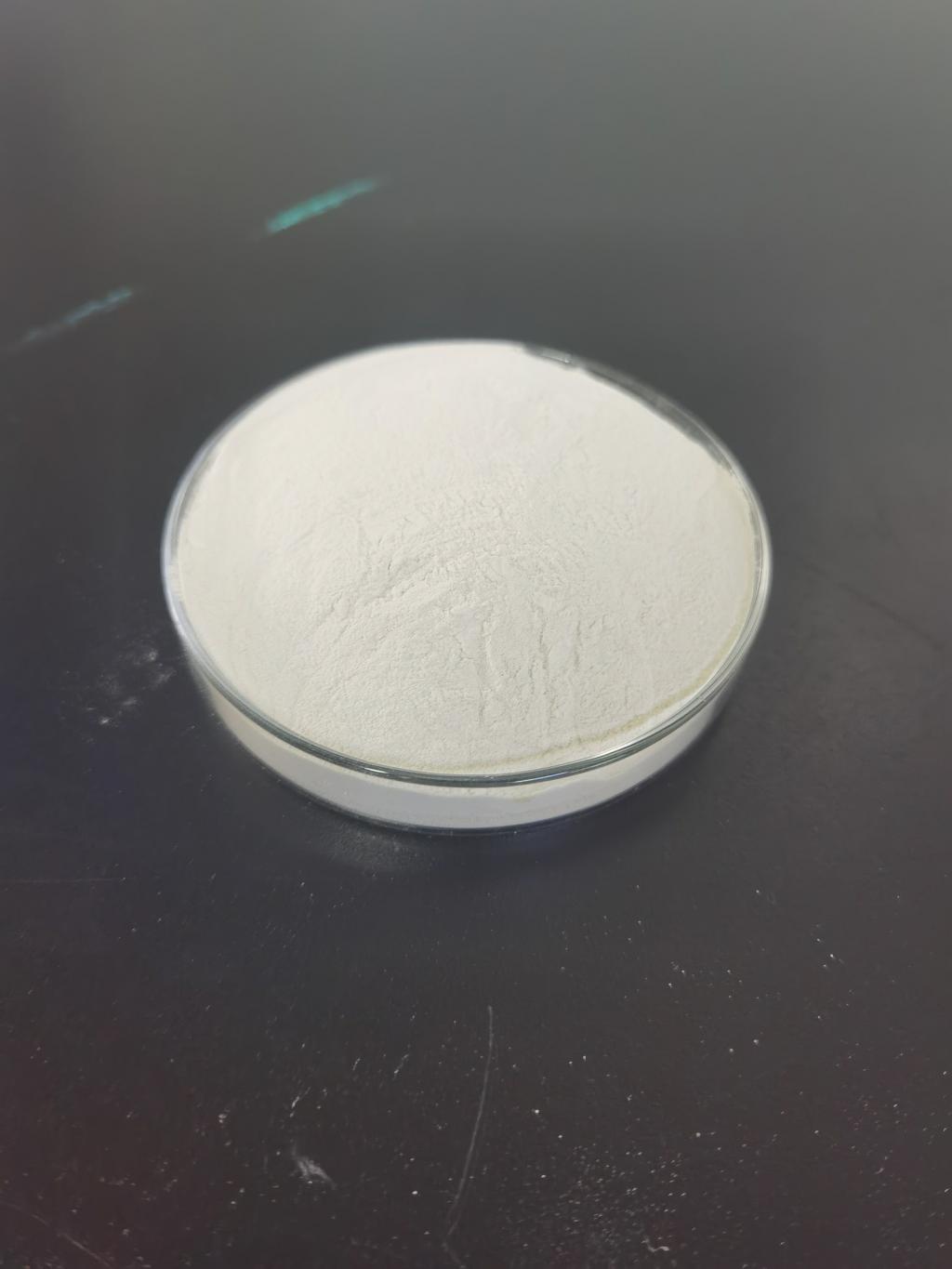Tel:+8618231198596

News
 CONTACT
CONTACT
 CONTACT
CONTACT
- Linkman:Linda Yao
- Tel: +8618231198596
- Email:linda.yao@dcpharma.cn
- Linkman:CHARLES.WANG
- Department:Overseas
- Tel: 0086 0311-85537378 0086 0311-85539701
News
Current Position:
Home >
News
>Nisin's applications in the preservation of plant-based meat alternatives.
Nisin's applications in the preservation of plant-based meat alternatives.
TIME:2024-06-06
Understanding Nisin:
Nisin is a bacteriocin produced by strains of Lactococcus lactis, known for its potent antimicrobial properties against a wide range of Gram-positive bacteria, including pathogens and spoilage microorganisms. Due to its natural origin and low toxicity, nisin is considered safe for consumption and approved for use as a food preservative by regulatory authorities worldwide.
Mechanisms of Action:
a. Disruption of Cell Membranes: Nisin acts by binding to lipid II, a precursor in bacterial cell wall synthesis, leading to pore formation and membrane disruption, ultimately causing cell death.
b. Inhibition of Protein Synthesis: Nisin can also inhibit protein synthesis in susceptible bacteria, further contributing to its antimicrobial activity.
Applications in Plant-Based Meat Preservation:
a. Shelf Life Extension: Incorporating nisin into plant-based meat formulations can inhibit the growth of spoilage bacteria and pathogens, thereby extending the product's shelf life and maintaining quality.
b. Safety Enhancement: By reducing microbial contamination, nisin enhances the safety of plant-based meat alternatives, minimizing the risk of foodborne illness for consumers.
c. Clean Label Solutions: As a natural antimicrobial agent, nisin aligns with clean label trends, offering manufacturers a clean and simple ingredient for food preservation without the need for synthetic additives or chemical preservatives.
Formulation Considerations:
a. Compatibility with Ingredients: Nisin's effectiveness may vary depending on the composition of plant-based meat formulations, requiring optimization to ensure maximum efficacy.
b. Stability and Storage: Proper formulation and storage conditions are essential to maintain nisin's stability and activity levels throughout the product's shelf life.
c. Regulatory Compliance: Manufacturers must adhere to regulatory guidelines regarding nisin usage levels and labeling requirements to ensure compliance and consumer safety.
Case Studies and Success Stories:
a. Nisin in Plant-Based Burger Patties: Studies have demonstrated the efficacy of nisin in inhibiting microbial growth and extending the shelf life of plant-based burger patties, preserving their quality and freshness.
b. Nisin in Plant-Based Sausages: Incorporating nisin into plant-based sausage formulations has shown promising results in controlling spoilage bacteria and enhancing product safety during storage and distribution.
Future Directions and Challenges:
a. Research and Innovation: Continued research is needed to explore the synergistic effects of nisin with other natural preservatives and antimicrobial agents, as well as its compatibility with emerging plant-based meat ingredients.
b. Consumer Acceptance: Educating consumers about the benefits of nisin in food preservation and addressing any potential concerns regarding its safety and efficacy are crucial for widespread acceptance and adoption.
c. Sustainability Considerations: Assessing the environmental impact of nisin production and its integration into plant-based meat manufacturing processes is essential to ensure overall sustainability and minimize ecological footprint.
Conclusion:
Nisin offers a promising solution for preserving plant-based meat alternatives, addressing microbial contamination and enhancing product safety and shelf life. By leveraging nisin's natural antimicrobial properties, manufacturers can meet consumer demand for clean label, sustainable food products without compromising on quality or safety. As research and innovation in this field continue to advance, nisin's role in plant-based meat preservation is poised to grow, contributing to a safer, more sustainable food supply chain for future generations.
- Tel:+8618231198596
- Whatsapp:18231198596
- Chat With Skype







